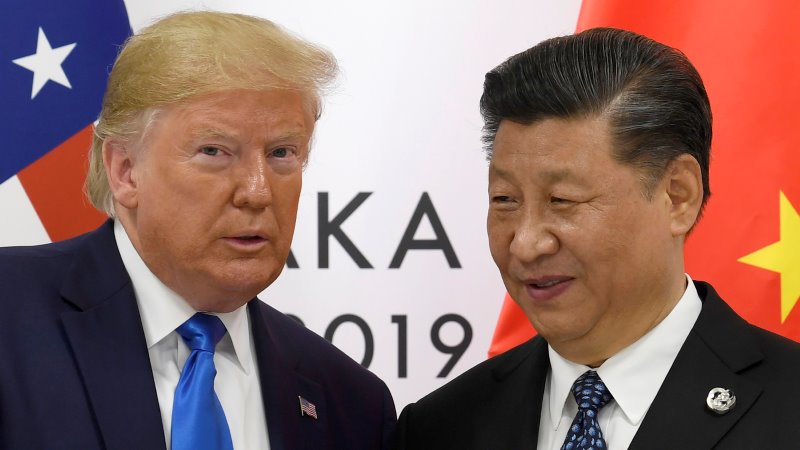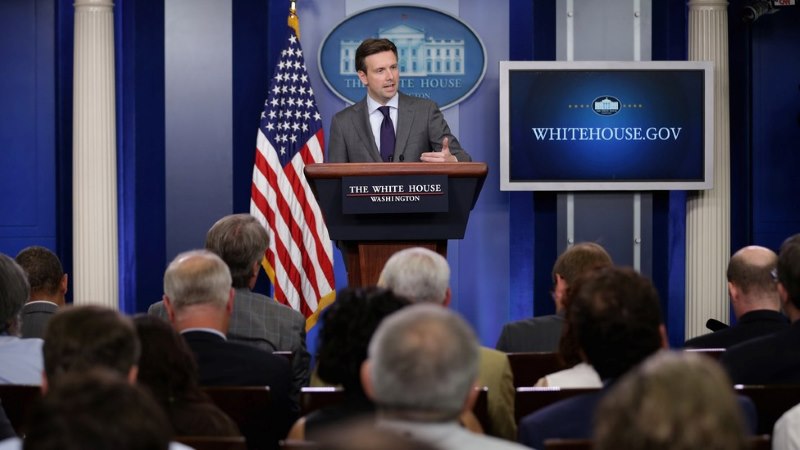Technology, U.S.
Zero Hedge Gains Access to White House Press Pool Amid Market Turmoil
Zero Hedge, a financial news platform known for its anti-establishment views, was granted access to the White House press pool on Thursday. This comes amid significant global market volatility. In 2022, U.S. intelligence agencies accused the platform of spreading Russian propaganda, a claim Zero Hedge has consistently denied.
New Media Representation
The website, operating under the pseudonym “Tyler Durden,” criticizes mainstream financial journalism. It has over 2 million followers on X. The Trump administration’s Office of Communications allocated it a spot for “new media” representatives. This decision aimed to open the briefing room to previously excluded outlets.
Challenging Financial Journalism
Zero Hedge’s mission is to “critically analyze and challenge” the complacency in financial journalism, as stated on its website. Recently, it reported on President Donald Trump’s tariff strategy, including a 90-day delay on tariff hikes for various trading partners and an increase of duties on China to 145%.
Surviving Controversy and Censorship
Despite being banned on several major social media platforms and facing efforts to demonetize and discredit it, Zero Hedge has remained resilient. A spokesperson expressed pride in securing a spot in the White House press pool, highlighting the platform’s perseverance in the face of attempts to silence it.
A Platform with Influence
Zero Hedge has become a widely followed source of economic and political news, especially among Wall Street insiders. The platform was established in 2009 and publishes under the pseudonym of Tyler Durden, a reference to the character from Fight Club. Its influence extends to major figures, including Cathie Wood, CEO of Ark Investment Management.

Trump Prepares to Implement 84% Tariff on Chinese
President Trump is preparing to impose an additional 84% tariff on Chinese imports, effective at midnight. This new hike will push…
Past Controversies and Bans
Zero Hedge faced significant challenges, including Meta Platforms blocking it in 2019 and Google banning it from ads in 2020. Prominent figures, including Donald Trump Jr., accused platforms of censorship. After removing controversial content, Zero Hedge regained access to Google’s advertising network. These struggles highlight ongoing debates about censorship and control over online platforms.
Allegations of Russian Ties
In 2022, U.S. intelligence agencies accused Zero Hedge of publishing articles from Russian-controlled media, possibly linked to Russian intelligence. Zero Hedge denied these accusations, stating it had never collaborated with Russia. The intelligence agencies raised concerns over the site’s sources and potential influence. Zero Hedge rejected any involvement with Russian entities in its reporting.
White House Press Pool Dynamics
The White House adjusts media access based on news relevance, audience reach, and previously excluded outlets. This shift reflects broader changes in the press pool since Trump’s administration. Controversial decisions about access to outlets continue to influence the press. These adjustments highlight ongoing shifts in how the White House manages media relations.
Recent Legal Developments
Earlier this year, the White House excluded the Associated Press from the press pool for not adhering to Trump’s preferred naming conventions. However, a federal court later ordered the reinstatement of the AP, highlighting ongoing tensions between the administration and the media.


